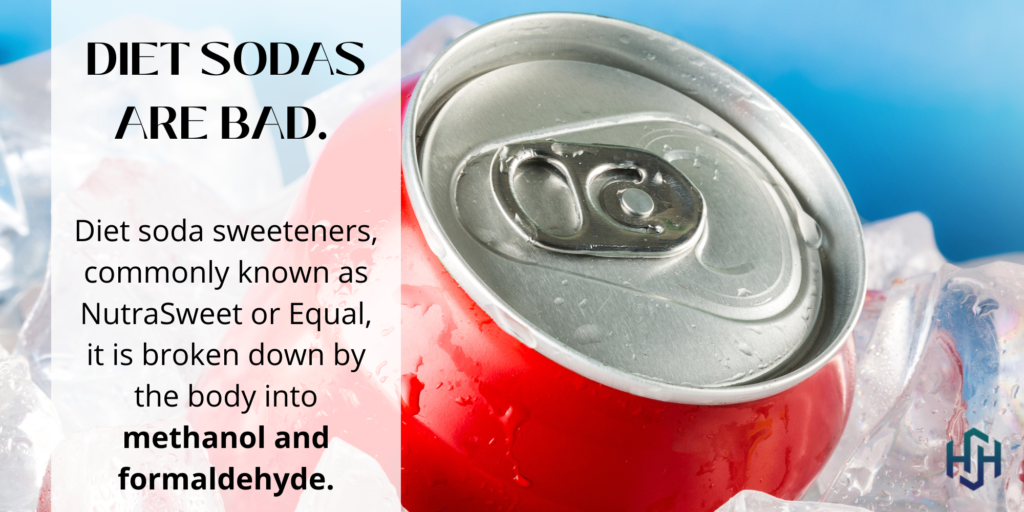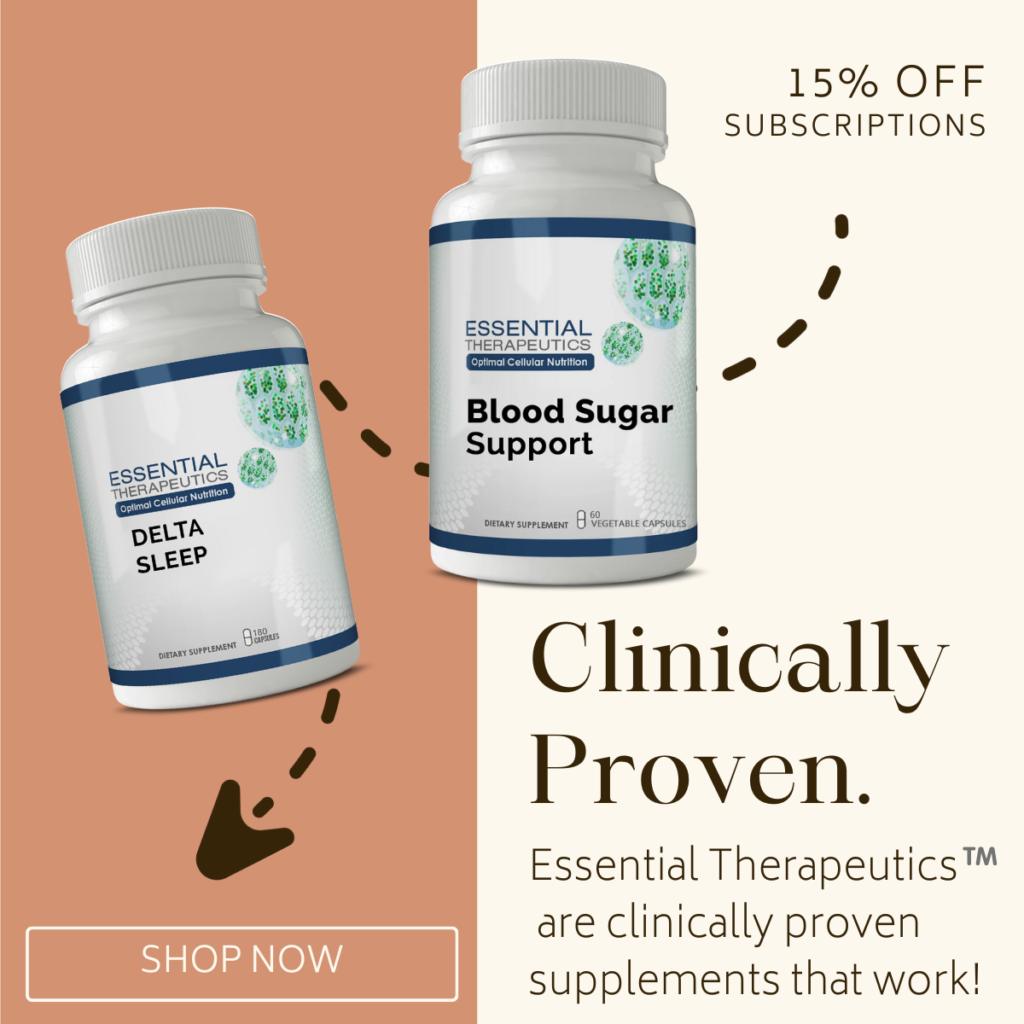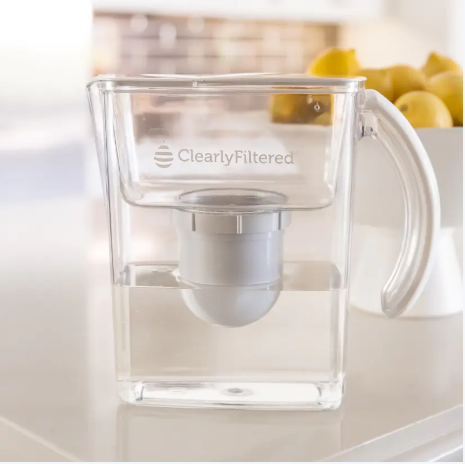Diet Soda Drinkers Have A 30% Increased Risk Of Heart Attack
Wow, new research confirms what I’ve said for years, diet sodas are deadly to your health!

A decade-long study of 60,000 women has confirmed that drinking diet soda sweetened with aspartame is linked with a 30 percent increase in heart attack risk and a 50 percent increase in death risk. The findings, presented at the American College of Cardiology, led by Ankur Vyas, MD, of the University of Iowa found that postmenopausal women who consumed two or more diet drinks a day were 30 percent more likely to experience a cardiovascular event and 50 percent more likely to die from related cardiovascular disease than women who never, or only rarely, consumed diet drinks. The analysis of 59,614 participants in the Women’s Health Initiative Observational Study, who had an average age of 62.8 and no history of cardiovascular disease, saw that after an average follow-up of 8.7 years, the primary cardiovascular outcome occurred in 8.5 percent of the women consuming two or more diet drinks per day compared to 6.9 percent in the five-to-seven drinks per week group; 6.8 percent in the one-to-four drinks per week group; and 7.2 percent in the zero-to-three per month group. The difference persisted when researchers adjusted for other cardiovascular risk factors and co-morbidities. The association between diet drinks and cardiovascular disease warrants further study to define the relationship, Vyas said.
Commonly known as NutraSweet or Equal, it is broken down by the body into methanol and formaldehyde.
Toxic levels of methanol are linked to systemic lupus and now Alzheimer’s disease.
Methanol toxicity can cause depression, brain fog, mood changes, insomnia, seizures, and similar symptoms associated with multiple sclerosis. As for formaldehyde, it is grouped into the same class of drugs as cyanide and arsenic.
An EPA assessment of methanol states that methanol “is considered a cumulative poison due to the low rate of excretion once it is absorbed. In the body, methanol is oxidized to formaldehyde and formic acid; both of these metabolites are toxic.” They recommend a limit of consumption of 7.8 mg/day. A one-liter (approx. 1 quart) aspartame-sweetened beverage contains about 56 mg of methanol. Heavy users of aspartame-containing products consume as much as 250 mg of methanol daily or 32 times the EPA limit.
When the temperature of aspartame exceeds 86 degrees F, the wood alcohol in the product is turned into formaldehyde and then into formic acid. Formic acid is the poison contained in the sting of a fire ant.

Aspartame accounts for over 75 percent of the adverse reactions to food additives reported to the FDA. Many of these reactions are very serious including seizures and death. A few of the 90 different documented symptoms listed in the report as being caused by aspartame include: Headaches/migraines, dizziness, seizures, nausea, numbness, muscle spasms, weight gain, rashes, depression, fatigue, irritability, tachycardia, insomnia, vision problems, hearing loss, heart palpitations, breathing difficulties, anxiety attacks, slurred speech, loss of taste, tinnitus, vertigo, memory loss, and joint pain.

Around the globe, nearly 800 million people lack access to water and over 2.5 billion lack access to sanitation. The scope and impact of this crisis are staggering. The United Nations has reported that more people die from water- and sanitation-related diseases than from all forms of violence, including war. According to the United Nations Development Program, every US$1 spent on water and sanitation generates a return of US$9 in saved time, increased productivity and reduced health costs in Africa.
Water Is Life
Without clean water, life or at least a healthy life isn’t possibly. Learn about one of my favorite charities www.globalwaterchallenge.org

Beyond loss of life, water poverty and inadequate sanitation cripple all development efforts. A lack of adequate water and sanitation facilities keeps children, especially girls, from attending school. Women spend an average of 3-5 hours each day fetching water, missing out on opportunities to perform other tasks or engage in economically productive activity. Parents miss work due to water-related illness or caring for sick family members. Existing medical conditions, such as HIV/AIDS, are exacerbated because of unsafe water and inadequate sanitation. Climate change, population growth, industrialization and urbanization all threaten to make the global WASH crisis much worse. Fortunately, there is room for hope.
Waterborne illness is preventable and lasting water supply and sanitation solutions exist.
Through concerted efforts by governments, corporations, foundations and nongovernmental organizations, roughly 200 million people have gained access to clean water during the past decade. However, even with these efforts, many countries are unlikely to meet the Millennium Development Goal (MDG) for water and even fewer will reach the MDG for sanitation. Unprecedented collaboration between all sectors of society is needed in order to achieve sustainable solutions to this challenge. Global Water Challenge brings together leading organizations in the water and sanitation sector to address this fundamental issue through partnerships and innovative approaches to water and sanitation. Drawing upon the experience, expertise and assets of its members, GWC is able to create partnerships that achieve far greater results than any one organization could by itself.
Tylenol Linked to Liver Failure
According to the Associated Press (AP), so many Tylenol users these days are suffering major liver damage or dying that the drug’s manufacturer, McNeil Consumer Healthcare, has decided to put a large, red warning label on the cap that informs users about the drug’s risks.
“The warning will make it explicitly clear that the over-the-counter drug contains acetaminophen a pain-relieving ingredient that’s the nation’s leading cause of sudden liver failure,” writes Matthew Perrone for the AP.
Even when taken at recommended doses, acetaminophen, the primary active ingredient in Tylenol, can cause major damage to the liver, potentially leading to liver failure and even death.

In fact, acetaminophen is currently the leading cause of sudden liver failure in the U.S., as its toxic metabolites have been shown to kill liver cells. The drug is so toxic that as many as 80,000 people are rushed to the emergency room annually due to acetaminophen poisoning, and another 500-or-so end up dead from liver failure. These are disturbing figures that might come as a surprise to most people, especially considering that millions of Americans give little thought to taking Tylenol and acetaminophen-containing drugs on a regular basis. But with more than 85 personal injury lawsuits and counting as of this writing, filed against the company in federal court, McNeil is feeling the heat from a drug that has long been claimed as one of the safest painkiller drugs on the market, which it clearly is not.
My advice steer clear of Tylenol. If you must use it, or any pain medication, make sure you protect your liver by taking the herb milk thistle. You can read more about the liver protecting effects of milk thistle on my site:
–> use code: DETOX15 to SAVE 15% ON The Essential Therapeutics Liver Detox Supplement.







